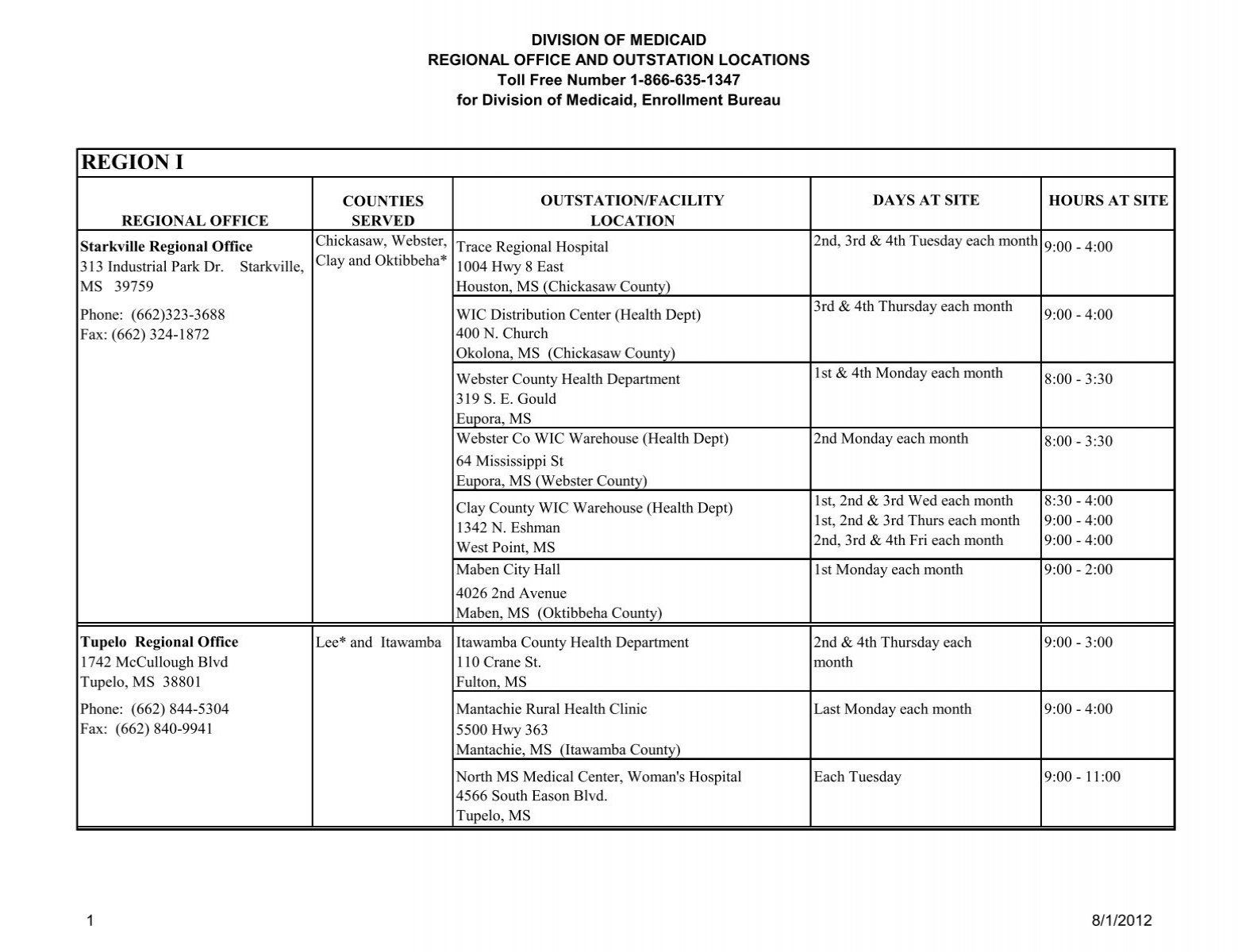Having too much potassium in your blood can be dangerous. Addisons disease adrenal insufficiency Angiotensin II receptor blockers.
 Important Causes Of Increased Potassium Level Download Table
Important Causes Of Increased Potassium Level Download Table
Angiotensin-converting enzyme ACE inhibitors.

Too much potassium causes. The goal is not to make up for years of not getting enough protein in an afternoon. But too much potassium in your blood can be dangerous. People with chronic kidney disease or CKD should avoid or limit foods that are high in potassium.
If intake of potassium far outweighs the kidneys ability to remove it or if kidney function decreases there can be too. Too much potassium in the body can affect the proper functioning of the heart which is mostly muscle. It can cause serious heart problems.
It is very uncommon to see a patient developing symptoms of hyperkalemia just by increasing potassium intake. This is most commonly caused by kidney disease via WebMd. Hyperkalemia is a condition that occurs when the level of potassium in your blood is higher than normal.
Most cases are due to electrolyte imbalance and excretion problems in the kidney. The most common cause of genuinely high potassium hyperkalemia is related to your kidneys such as. It is an important nutrient that is found in many of the foods you eat.
Severely increased release of aldosterone -- a hormone normally produced by the adrenal glands as a result of increase potassium causes the increased excretion of potassium from the kidneys. High-potassium levels can cause serious symptoms. When you have kidney disease your kidneys cannot remove extra potassium in the right way and too much potassium can stay in your blood.
Potassium helps your nerves and muscles including your heart work the right way. It is something that should be taken seriously because it can pose a threat to your life. But too much potassium in your blood can damage your heart and cause a heart attack.
The leading causes of hyperkalemia are chronic kidney disease uncontrolled diabetes dehydration having had severe bleeding consuming excessive dietary potassium and some medications. Heres a symptom of too much potassium that likely is caused by taking a potassium supplement or otherwise getting too much of a good thing. This nutrient helps your nerves and muscles function.
In extreme cases high potassium can cause paralysis or heart failure. Abnormal levels may cause symptoms such as muscle cramps or weakness nausea diarrhea or frequent urination. Too much potassium outside of a cell changes the electrolyte gradient so that an action potential is slower to trigger and in the worst case scenario may not occur at all.
Your body needs potassium. Potassium is an essential nutrient found in foods. Take it slowly and gradually introduce the body to adequate amounts of potassium.
Potassium levels can be affected by how the kidneys are working the blood pH and the amount of potassium you eat. Given this common neurologic symptoms of hyperkalemia can include. It is important to know that most cases of hyperkalemia increased potassium in the bloodstream are not due to excessive dietary intake.
The most common causes include. This can cause irregular heartbeats and this can interrupt the flow of blood around the body. A potassium level that is too high or too low can be serious.
If left untreated high potassium levels can cause your heart to stop. While potassium is an essential electrolyte that the body needs in order to function properly having too much potassium in your bloodstream can cause hyperkalemia. High potassium can even cause a heart attack or death.
Can too much potassium cause frequent urination. Too much potassium in the blood can also cause nerve and muscle problems leading to difficulty breathing weakness tingling numbness and paralysis according to. Hyperkalemia occurs when potassium levels in your blood get too high.
When you have too much potassium in your blood it is called high potassium or hyperkalemia. Other causes of hyperkalemia include. The kidneys are primarily responsible for maintaining the bodys total potassium content by balancing potassium intake with potassium excretion.










